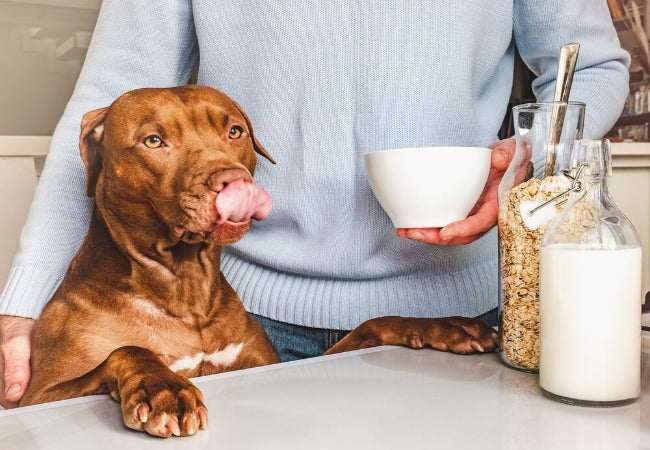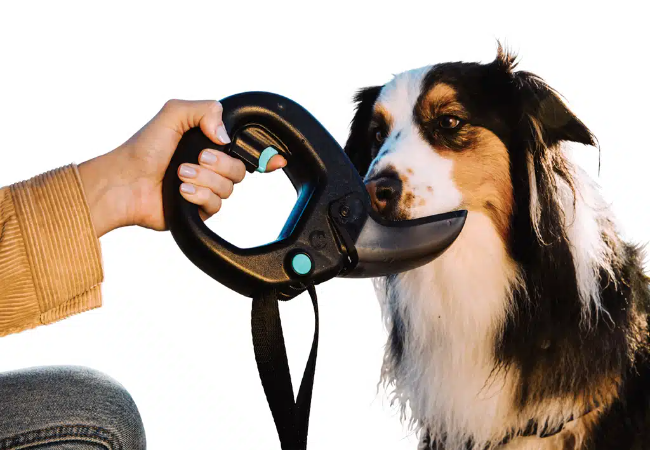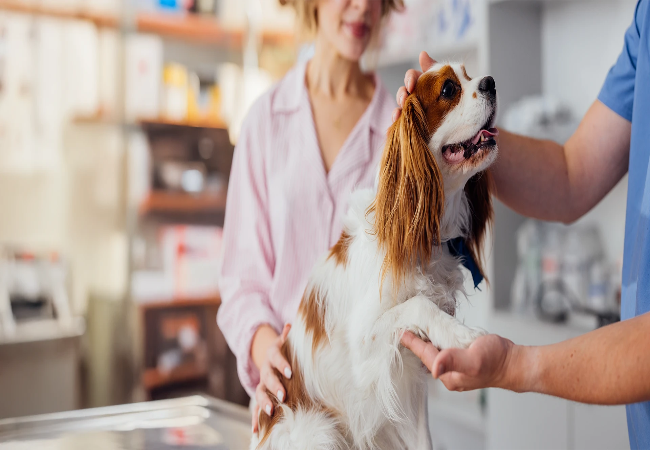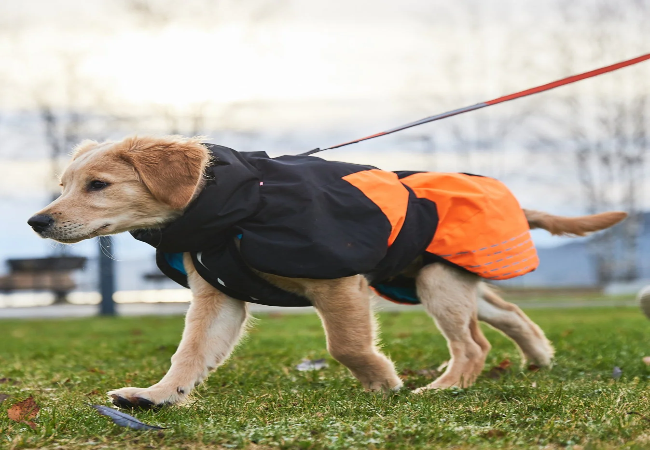Can Dogs Eat Dairy? 2025 Vet-Approved Guide 🐶✨

In this article
Can Dogs Eat Dairy? 2025 Vet-Approved Guide 🐶✨
By Dr. Duncan Houston BVSc
Many dog owners wonder if their furry friends can enjoy a little dairy as a treat. While some dogs can tolerate small amounts of dairy, many are lactose intolerant, meaning their bodies cannot properly digest lactose—the sugar found in milk and other dairy products. Feeding dairy to lactose-intolerant dogs can lead to unpleasant gastrointestinal upset, including diarrhea, vomiting, and stomach pain.
1. Milk 🥛
-
Cow's Milk: Generally, cow’s milk is not recommended for dogs. Even if your dog isn’t lactose intolerant, milk is high in fat and sugar, which can contribute to weight gain, obesity, and dental issues.
-
Alternatives: If you want to give milk occasionally, lactose-free milk or specially formulated dog milk products are safer options. Always introduce it gradually and watch for any signs of stomach upset.
2. Cheese 🧀
-
Easier to Digest: Cheese is often better tolerated than milk because the fermentation process reduces its lactose content.
-
Safe Options: Plain cheeses like cheddar, mozzarella, or Swiss are generally safe in small amounts as a treat.
-
Cautions: Avoid cheeses with added flavors, spices, or herbs, as some ingredients (like garlic or onion powder) are toxic to dogs. Also, cheese is high in fat and calories, so overfeeding can lead to obesity or pancreatitis.
3. Yogurt and Cottage Cheese 🍶
-
Low-Lactose Options: Yogurt and cottage cheese can be easier for dogs to digest because they have lower lactose levels.
-
Tips for Safety: Choose plain, unsweetened varieties and avoid products with xylitol or other artificial sweeteners, which are extremely toxic to dogs.
-
Moderation is Key: Even safe dairy products should only be given occasionally due to their high fat and calorie content.
4. General Guidelines
-
Introduce Slowly: Any new food, including dairy, should be introduced gradually to monitor for adverse reactions.
-
Observe Your Dog: Watch for vomiting, diarrhea, gas, or stomach discomfort after introducing dairy. If these occur, discontinue the product.
-
Balanced Diet First: Treats like cheese or yogurt should never replace a balanced, species-appropriate diet. Dogs require complete nutrition tailored to their age, size, and health status.
-
Consult Your Vet: If you’re unsure about giving your dog a particular dairy product or supplement, your veterinarian can provide guidance specific to your dog’s needs.
🐾 Final Thoughts
While some dogs can enjoy small amounts of cheese or yogurt, dairy is not essential to a dog’s diet and should always be given with caution. Monitoring your dog’s reaction and sticking to safe portions will help keep your furry friend happy and healthy.
If you want, I can also create a simple chart showing which dairy products are safe, risky, or unsafe for dogs—this makes it easier for pet owners to quickly understand what they can and can’t give their dogs.
Do you want me to make that chart?



